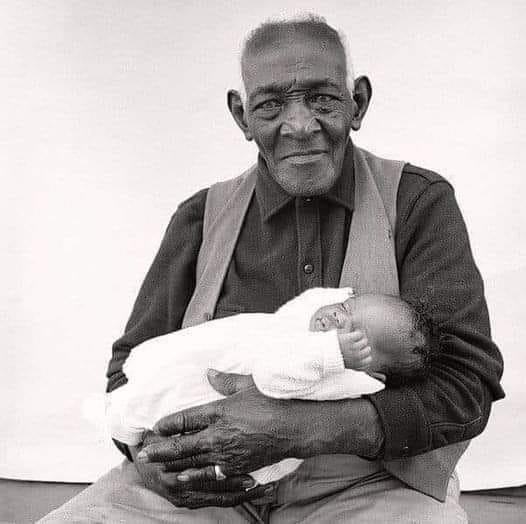Toni Morrison, 𝐛𝐨𝐫𝐧 Chloe Ardelia Wofford on February 18, 1931, in Lorain, Ohio, was a renowned American novelist, editor, and professor. She is celebrated for her powerful and eloquent writing that delves into the complexities of race, identity, history, and the human experience.

Morrison’s literary career gained widespread recognition with her debut novel, “The Bluest Eye,” published in 1970. The novel examined the devastating effects of internalized racism on a young Black girl’s sense of self-worth. However, it was her 1987 novel “Beloved” that catapulted her to international acclaim. “Beloved,” which won the Pulitzer Prize for Fiction, explored the haunting legacy of slavery through the story of a former enslaved woman and the ghost of her daughter.
Throughout her prolific career, Morrison continued to produce acclaimed works that challenged readers’ perspectives on race and identity. Her novels, including “Song of Solomon,” “Sula,” “Jazz,” and “Paradise,” garnered critical acclaim and solidified her reputation as a literary luminary. In 1993, Morrison became the first Black woman to receive the Nobel Prize in Literature, acknowledging her profound impact on the world of letters.
Morrison’s writing often employed rich, poetic language and layered narratives that engaged with themes of memory, trauma, and the African American experience. Her exploration of historical and cultural complexities allowed readers to confront uncomfortable truths while offering moments of profound insight and empathy.
In addition to her literary accomplishments, Toni Morrison held teaching positions at prestigious universities and served as an editor at Random House, where she championed the works of emerging African American writers. She also penned essays, non-fiction works, and 𝘤𝘩𝘪𝘭𝘥ren’s books, all of which contributed to her legacy as a multifaceted and influential figure in American literature.
Toni Morrison’s passing on August 5, 2019, marked the end of a monumental literary career that left an indelible mark on literature, academia, and social discourse. Her works continue to be celebrated for their exploration of the human spirit, the complexities of identity, and the enduring impact of history.





